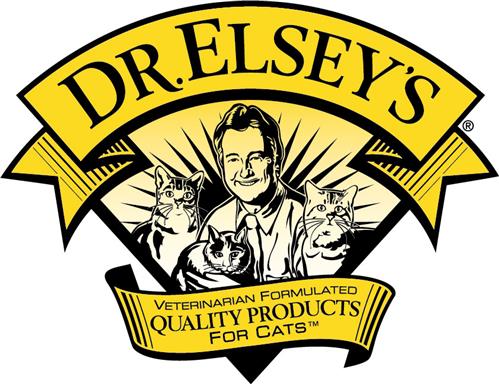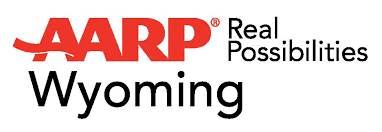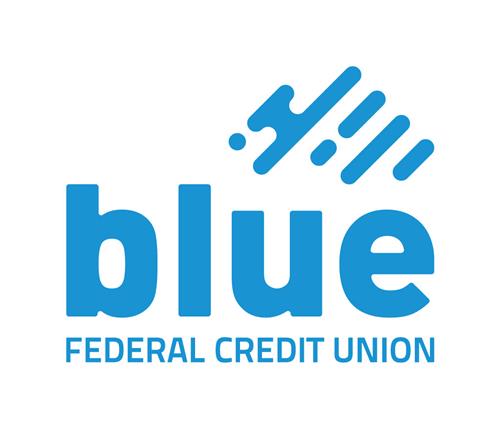Remarks of Rotary International President, Sakuji Tanaka January 4, 2013 Ft. Collins Hilton
It is wonderful to be here today, and to talk to you about our theme of Peace through Service. I would like to begin today with a story, about a man whose name you have all heard: Alfred Nobel.
Alfred Nobel was, of course, the person who established the Nobel Prize. Today, they are the world’s most famous awards in literature, medicine, the sciences, and, of course, peace. Today, we all know and respect the Nobel Prize. Anyone who wins one knows that they will always have a place in the history books. When we think of the name Nobel, we think of great achievements, and we think of peace.
But it was not always that way. During his lifetime, Alfred B. Nobel was not a peacemaker. He was not a statesman, a writer, or a doctor. For most of his life, he thought very little about helping humanity. Few people today know that Alfred Nobel was a weapons manufacturer. He invented dynamite. He made his great fortune by producing and selling explosives.
Why, then, did he establish these prizes? It happened because of an accident. Alfred Nobel’s brother died. He was not famous, and his death was not in the news. But when he died, a newspaper in France made a mistake. They thought that Alfred Nobel had died. The next day, they published his obituary.
This is how Alfred Nobel had an opportunity that few people have. He saw, as others would see it, what he had left the world. And what he saw was terrible. His obituary said that he was the man who had made it possible to kill more people, more quickly, than anyone else who had ever lived. It called him “a merchant of death.”
Not a word was said about one good thing he had done for another person. This experience changed his life. He realized that the way he had seen his life was not the way others would see it. He had thought of himself as an inventor and a businessman. But now he realized that his legacy would be very different. And he realized it when he still had time to change.
This is why he made the decision he did: to found, and fund, the Nobel Prizes. He changed his will, and he changed his legacy. Today, when we think of Alfred Nobel, we think of the people who have done the most for humanity. We think of the people who have done the most for others. And we think of peace.
Most of us will never have the chance to know which of our achievements will live after us. But every day of our lives is our opportunity to do our best, to make sure that we leave the world better than we found it.
Every day that we wake up, we have a decision to make. How will we live that day? What will our priorities be? Will we choose to live for ourselves, or for others? Will we put our energy into doing what is most pleasant for us, or into what is best for everyone?
I believe that the best thing in life is to be useful to other people. This is a lesson that I have learned through Rotary. There are many ways to find satisfaction in life. But the satisfaction we find through helping others is the best. In the end, it is what makes us happiest. In the end, it is what gives us the most fulfillment.
It is human and natural to want to share our lives. Whether we are happy or sad, facing success or difficulty, we want to know that we have others close by. And as much as we want other people to be there for us, we each have a need to be there for others.
Service Above Self is a living motto. The words are not empty words. They are words that guide how we live.
We live in our families, and our communities. Everything that we do, we do not for ourselves alone, but for others as well. This gives a deeper meaning to everything that we do. And I believe that through serving others, we contribute to a better world. When we live our lives not for ourselves, but for others, we change our own perspective. We change the way we think, and the way we make our decisions.
We begin to think more about what is good for everyone, and less about what is best
just for us. Of course, we must take care of ourselves and our families. But this does not mean that we should not make others a priority as well.
We should all be looking out not just for ourselves, but for each other. Because this is the way to a world of greater happiness. And this is the way to a world of greater peace. This is why our theme in 2012-2013 is Peace through Service. Because when we serve, we help to build peace.
We talk a lot about peace in Rotary. But I think that sometimes, we do not think about this idea enough. What is peace? What does it mean to us? Peace is not just a word. It is an idea. It is what happens when we make service to others, a way of life for ourselves.
When you serve your community, when you go yourself to teach someone a skill, to help paint a house, to participate in an NID, you become more fully involved with your community. You think more about other people. And this makes you into a better person as well.
In 2012-2013, I ask all of you to think more about what peace means to you. I ask you to look at peace as a real goal that you can help achieve. And I will ask you to work toward that goal—of a happier and more peaceful world—through Rotary service.
Thank you.
Download the website sponsorship guide






























